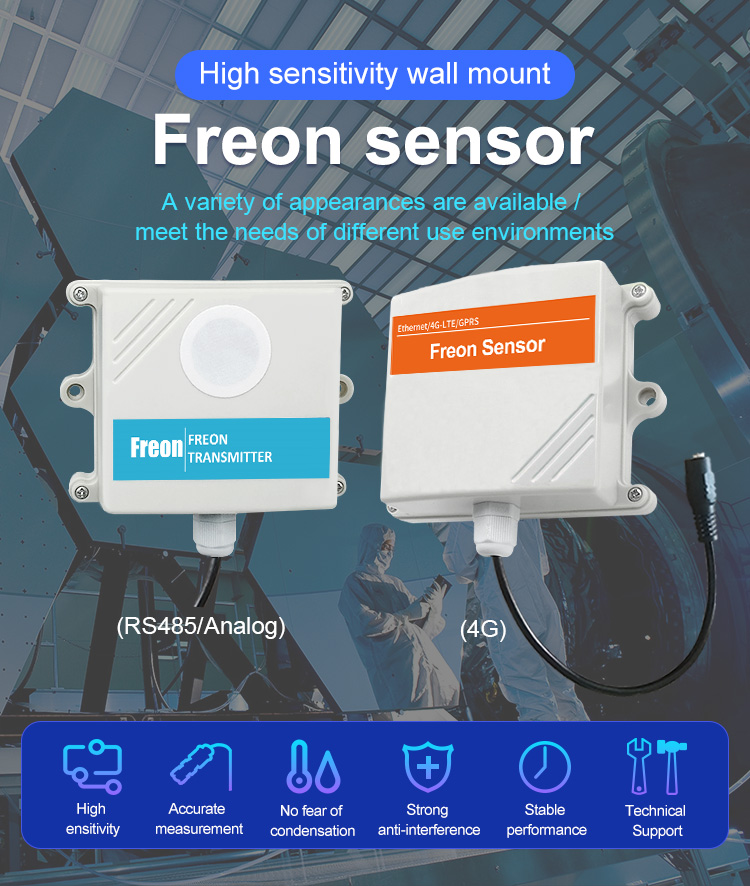Freon Leak Detector

Freon leak detector are important tools used to detect refrigerant leaks in an air conditioning or refrigeration system. They are widely used in the HVAC industry, as well as by technicians and engineers working with cooling equipment. In this article, we will take a closer look at how Freon leak detectors work and their importance in detecting refrigerant leaks.
Refrigerant Leaks in Air Conditioning and Refrigeration Systems
Before we discuss Freon leak detectors, let’s briefly touch on refrigerant leaks and why they are a problem. Refrigerants are chemicals used in air conditioning and refrigeration systems to transfer heat from one location to another. They can absorb heat and release it elsewhere, making them an essential component in cooling systems.
However, refrigerants can also be harmful to the environment and human health if they leak out of the system. Refrigerant leaks not only contribute to global warming but also deplete the ozone layer, which protects us from the harmful effects of ultraviolet radiation. Moreover, inhaling refrigerants can cause long-term health effects such as heart palpitations, numbness in the extremities, and lung damage.
That’s where Freon leak detectors come into play. These devices can help detect refrigerant leaks before they become a serious threat. But how do they work?
How Does a Freon Leak Detector Work?

Freon leak detectors work based on the principle of thermal conductivity. The device contains a sensor that detects changes in thermal conductivity when exposed to refrigerant. Essentially, when the Freon leaks into the atmosphere, it interacts with the heat and moisture in the air, which changes its state from a gas to a liquid. This interaction leads to a cooling effect which lowers the temperature of the surrounding air.
The Freon leak detector works by measuring this temperature difference using a thermal conductivity sensor. The device is calibrated to detect the difference precisely based on the type of refrigerant being used. When a leak is detected, the detector alerts the user, allowing them to identify and repair the leak.
Types of Freon Leak Detectors
There are several types of Freon leak detectors on the market. One type is the electronic leak detector, which uses a heated sensor wire to detect refrigerant leaks. When the wire detects refrigerant, it triggers an alarm or flashing light, alerting the user to the presence of a leak. This type of detector is highly sensitive and can detect very small leaks.
Wall-mounted sensors: Wall-mounted sensors use Internet of Things technology for real-time online monitoring. It can detect the high frequency sound emitted by leaking gas or liquid, especially suitable for detecting refrigerant leakage.
Infrared detectors: These detectors work by infrared absorption. They have an infrared filter that blocks all wavelengths except infrared. The detector detects the presence of refrigerant gas by sensing changes in the amount of infrared radiation it absorbs.
Electronic leak detectors: These leak detectors use semiconductor sensors to detect the presence of refrigerant gas by detecting changes in conductivity when exposed to refrigerant vapor.
Bubble method: Bubble method is a quick and easy method for refrigerant leak detection. This method involves applying a special solution to the suspected leak area and identifying the leak by bubbles that form at the leak point.
Dye injection: The dye can be injected into the refrigeration system. If there is a leak, the dye will escape with the refrigerant. Technicians can then use an ultraviolet lamp to locate the leak.